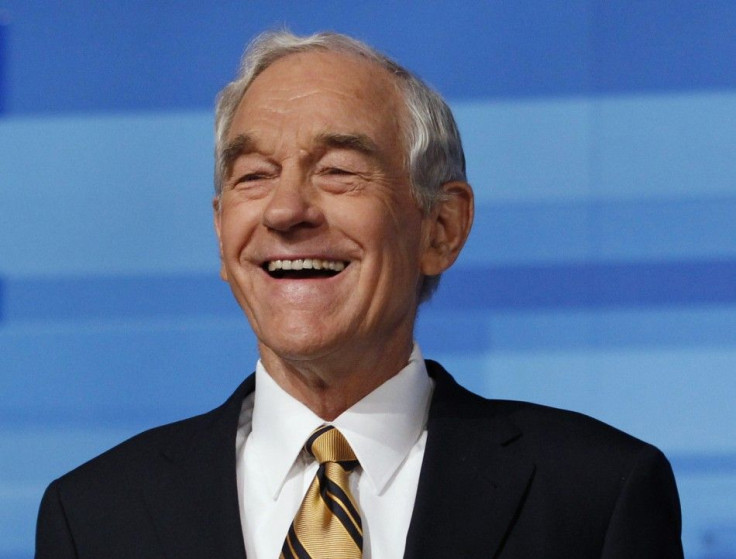Ron Paul: Is an Independent Run Viable?

Ron Paul is not the average Republican. His last two campaigns for his party's nomination have made that clear.
He doesn't agree with the majority of his party on foreign policy--that was made clear with his pronouncement in a September debate that this whole idea that the whole Muslim world is responsible for this, and they're attacking us because we're free and prosperous--that is just not true. This statement brought boos from the crowd and derision from fellow candidate Rick Santorum.
He doesn't agree with his party on its Israel policy, saying in a debate last month that he'd cut off aid to the country.
Most importantly, he probably won't agree with the decision made by party members about who to nominate to take on Barack Obama in the 2012 election--namely, that it likely won't be him.
With Paul currently in fifth place in the Real Clear Politics aggregate of national polls, it is a real long shot that he manages to storm the top of the polls and win enough primaries to get nominated by the GOP. However, with Paul not running for reelection as a Congressman, many have hypothesized he might make a run as a Libertarian, independent or other third party candidate.
Paul, for his part, has intimated he doesn't think he will explore a run as a third candidate.
I have no intention [of] doing that. That doesn't make sense to me to even think about it, let alone plan to do that, Paul said on Fox News Sunday, according to CNN.
Politico, though, pointed out that Paul never outright said no when asked about the idea. Furthermore, he said on Fox News Sunday that he would likely not support the eventual Republican nominee if it wasn't him.
Neither of these facts point towards a candidate who has ruled out a third party run at the presidency.
The question, then, is if Paul could have any impact on the election? Fox News' Juan Williams says yes, noting that a poll from earlier this year found that 52 percent of Americans believe the U.S. need a third party.
Williams belives that like fellow Texan Ross Perot, Paul has the broad appeal to make a splash in a general election.
The fact is, though, that the electoral college system makes it unlikely that he will have enough support to win any electoral votes. The last third party candidate to win a state's electoral votes was George Wallace in 1968, who won five states in the deep south running on what was considered at least partially a segregationist ticket.
Paul will likely continue to be courted by conservative and libertarian activists to run against the GOP nominee and Obama though, despite his statements about the possibility and historical evidence.
© Copyright IBTimes 2025. All rights reserved.





















